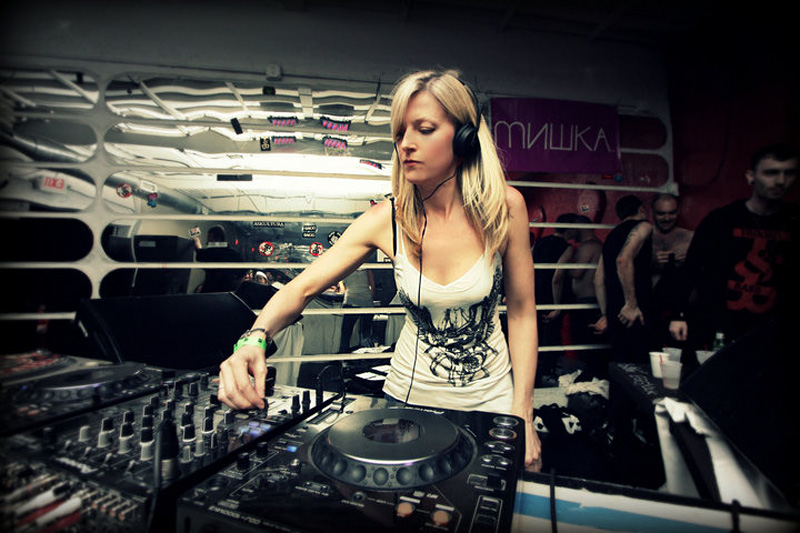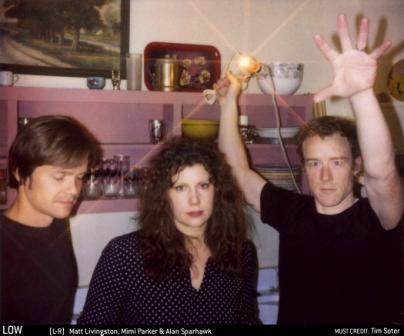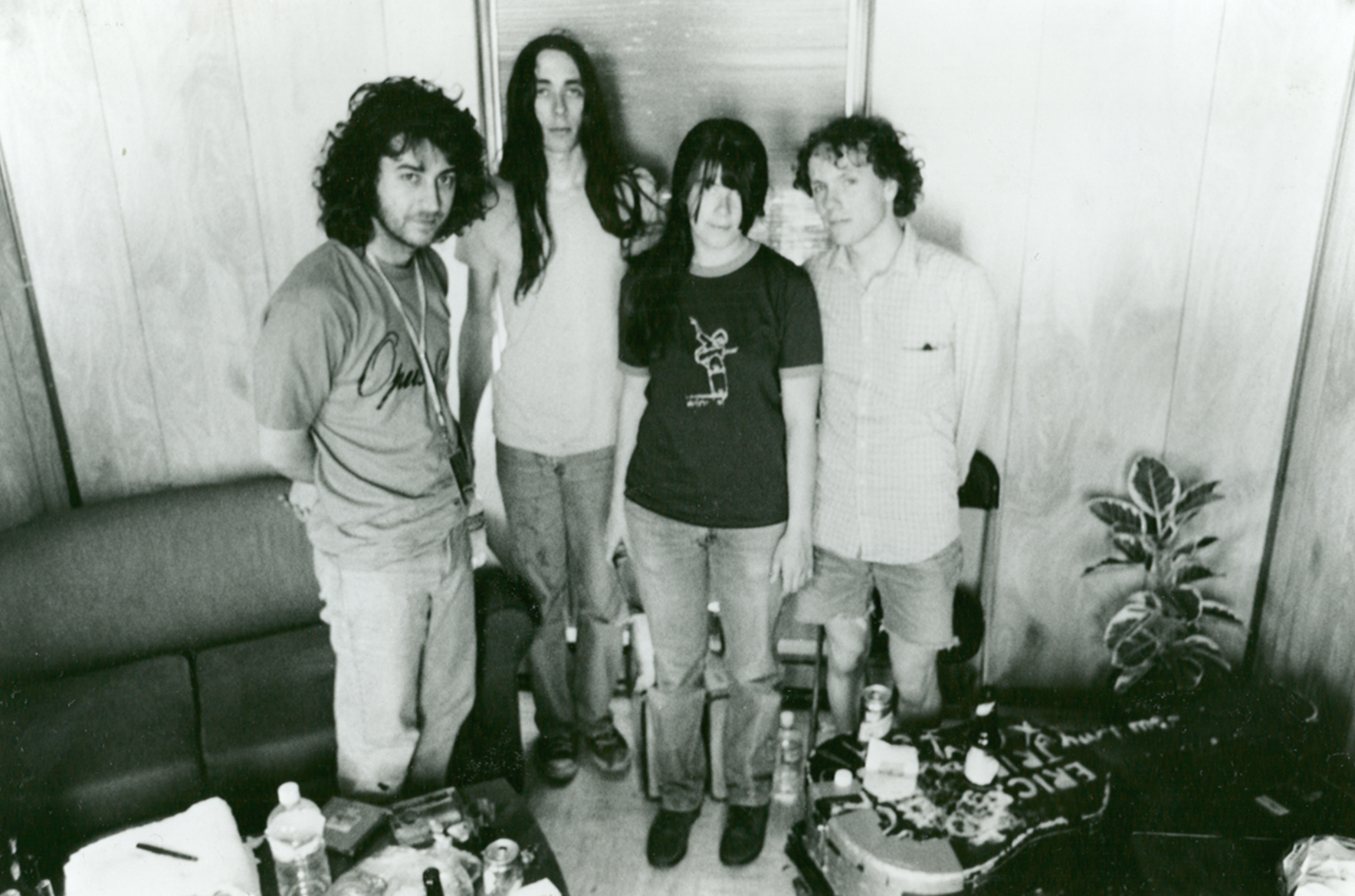Cheese, chocolate, vacations, sex: Less definitely isn’t always more, but when it comes to electronic music, some of the most fascinating forms are filed under “minimal.” As Lusine, Seattle-based producer Jeff McIllwain uses (relatively) simple tools to bridge the beats of techno, microhouse, hip-hop, and experimental into a sound uniquely his. This year, McIllwain shares Bumbershoot’s first-ever Decibel Showcase stage with locals SynthClub (featuring Reggie Watts and Decibel Festival curator Sean Horton) and Montreal’s Deadbeat in a tasty preview of Decibel for B-shoot attendees with a mind for dancing.
Adventurous aptly describes McIllwain’s compositions, which layer sparse instrumentation over empty space in freshly unexpected ways. Admirers of his work, most notably the lustrous 2004 Serial Hodgepodge (on Ghostly International), won’t be disappointed with the still- vibrant, slightly techier turn of the new material. Since typically only producers are privy to the mechanics of making a track, Bumbershoot attendees stumbling upon a Lusine set might wonder exactly how these sounds are made. McIllwain’s music is primarily constructed from sampled sounds. He records acoustic sounds, or snatches from vinyl, into his machine, then manipulate the samples with analog synths and sequencers. “When you’re recording in a record—which I prefer—you get the grit and stuff that comes off the vinyl that you wouldn’t get if you took it off a CD,” says McIllwain.
His current favorite tool is a salvaged Odyssey synthesizer. “It’s really deep and bassy, but has a lot of control and is also a little bit random,” says McIllwain of the defunct hardware company ARP’s 1972 retaliation to the Minimoog. “Every single slider on it is totally continuous; every time you turn it on, you get some kind of sound you never thought you’d be able to get.”
McIllwain will release an ambient album this winter on the German label Hymen, which put out his Iron City LP last year. Since so much ambient music is inspired by nature, what found sounds perk up his ear when walking down the street? “A lot of times what I’m looking for are really complex rhythmic sounds, like leaves blowing or water drops or sticks breaking,” he says. The noises made by people—in airports or conversations, for instance—are interesting but generally not useful for what he has in mind.
Active in the local electronic scene since mid-2002, when he moved here after studying 20th-century electronic music and sound design at Cal Arts, McIllwain’s been in hibernation for a bit. Traveling and scoring music for a film called Snow Angels with friend David Wingo, he managed to release the Emerald EP this July, with the title track dedicated to its namesake city. He claims it was more of an abstract idea than an intentional one, but admits getting inspiration from Seattle’s dreary skies. The predictable whims of the weather and the closeness of the small techno scene are little things that mean a lot. “L.A. is so spread out, so it’s kind of difficult to have a cohesive scene,” says McIllwain. “Here, it’s really welcoming, for sure.”








